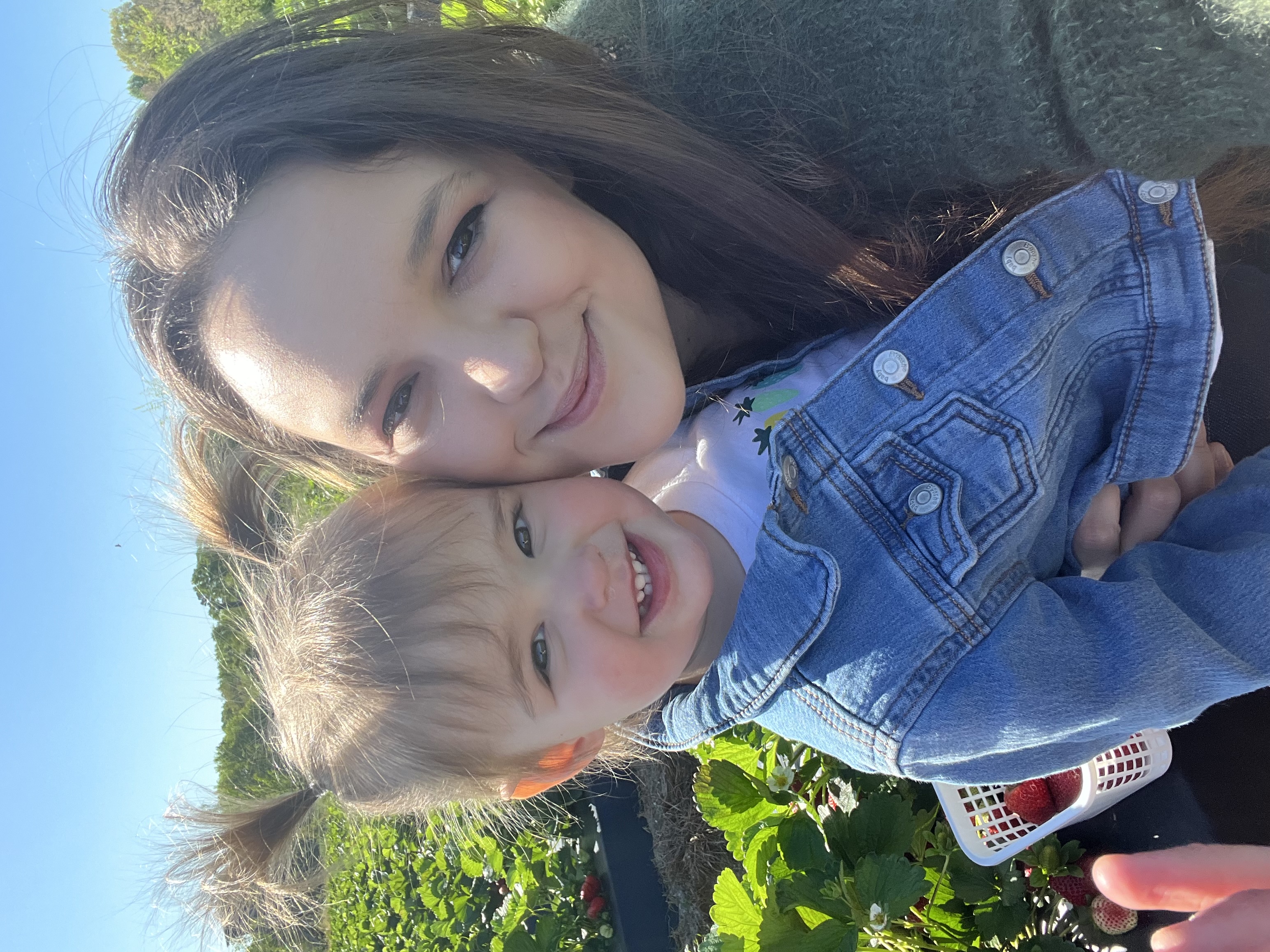Connect with hundreds of tutors like Evan
Who needs tutoring?
FEATURED BY
TUTORS FROM
- YaleUniversity
- PrincetonUniversity
- StanfordUniversity
- CornellUniversity

Evan
About Me
I received my Bachelor of Arts in Linguistics from the University of California, Santa Cruz. I also hold a certificate in Teaching English to Speakers of Other Languages (TESOL) from the University of California, Santa Barbara. I have experience tutoring ESL privately in Brazil and through Skype. I also have experience tutoring Spanish and the clarinet. I tutor many aspects of English including reading, writing, test prep, literature, grammar, and essay editing. I also tutor any level of Spanish, including test prep for SAT subject tests or Spanish Language AP tests. I also tutor Japanese, clarinet, and public speaking. My favorite subjects to tutor are any involving ESL or foreign language as I have a passion for language learning and teaching. I speak English, Spanish, and Portuguese, and have also studied Japanese, German, Brazilian Sign Language, and Italian. I would describe my teaching philosophy as friendly but structured. I use lesson plan organization techniques including lesson plan outlines and back-up activities in case a certain activity does not go as planned. I also am familiar with teaching methodologies, learning styles, and how certain methodologies are appropriate for certain learning styles. Outside of Academia I enjoy playing video games, specifically Japanese role playing games (RPGs). I also enjoy unicycling, and juggling.
Education & Certifications
Q&A with Evan
Tutoring Subjects
Connect with a tutor like Evan
Connect with a tutor like Evan
Tutors with Similar Experience

